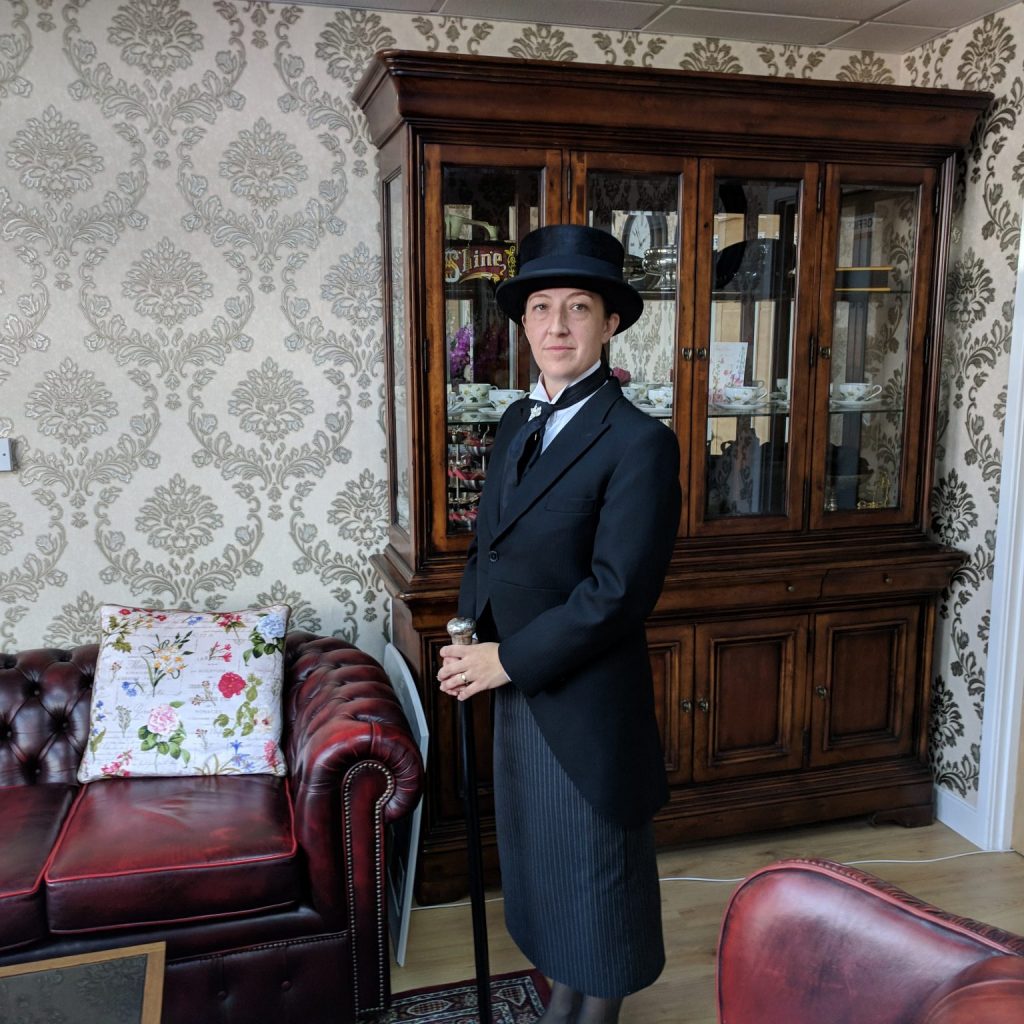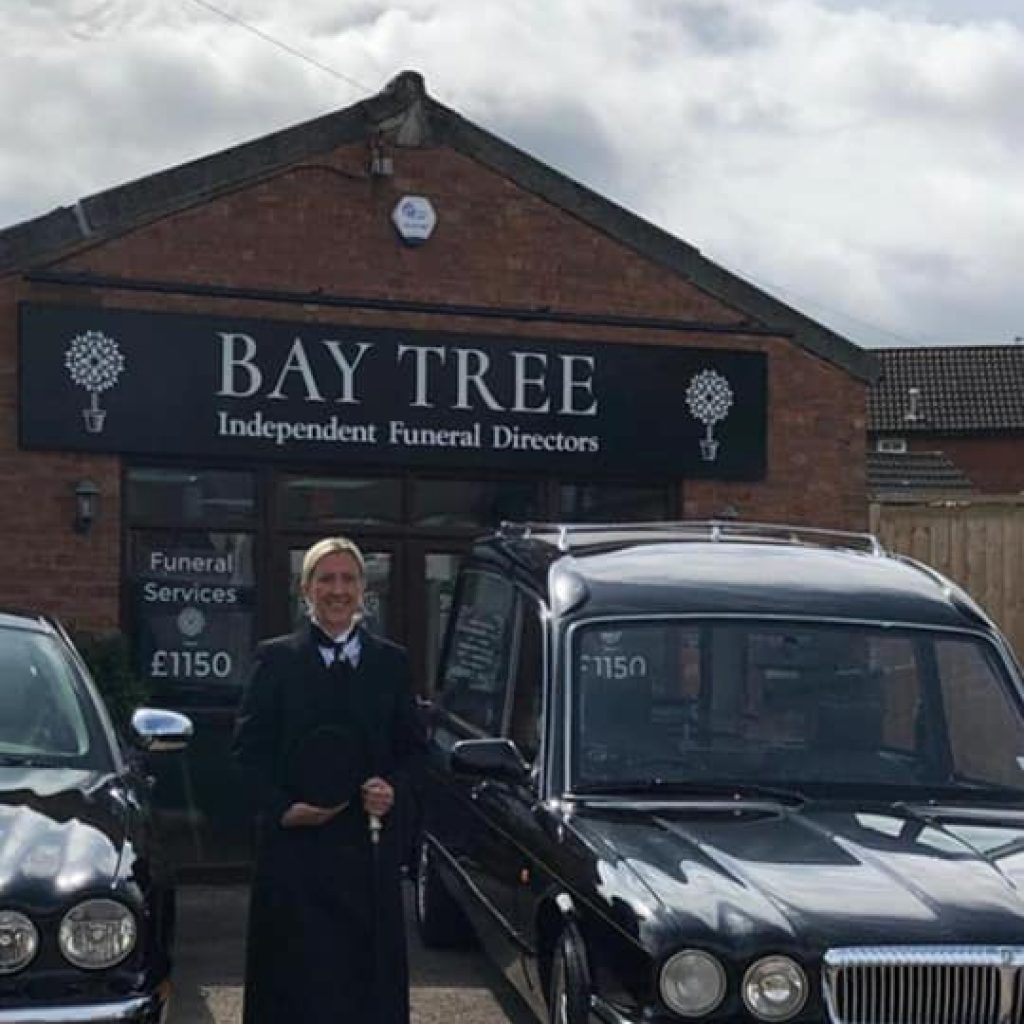Questions Asked To A Funeral Director
FOR IMMEDIATE HELP OR ADVICE PLEASE CALL 0116 2788868
ANSWERING COMMON QUESTIONS
We understand this is a difficult time and that you may have questions about what will happen. We have put together a selection of the most commonly asked questions. Of course, if you have any other questions please contact your funeral director.
It is our role to take care of every part of the process for you. We will discuss with you what you would like in terms of service, flowers, obituaries and the like. You can trust our caring and professional team to ensure it is delivered as you wish. We are here to support you at this difficult time. If you have an idea for what your loved one would have wanted for their funeral or ideas from yourself and your relatives we can do our best to provide this.
It is important to make the funeral service individual. We will discuss options with you including the type of service you wish to hold, what type of minister or celebrant you wish to lead the service and choices for music and eulogies you may wish to have.
The choice of music is totally up to you and should reflect your loved one. From religious or classical to rock and roll or pop. The service should be a celebrant of your loved one’s life and the music they loved can be a vital part of this.
Of course, reading a personal message, some poetry or a religious text can help make the service individual. You can instead, if you wish, ask the minister of celebrant to read some suitable words if you prefer.
Burials are more expensive as you are required to purchase the grave plot. If you already have a family or joint grave the cost is less, as you do not have to make the initial purchase.
Once a doctor has certified death call our funeral home and we will take your loved one into our care. You will need to complete the necessary legal paperwork in order for the
funeral to take place, however we are here to assist you as you require. Your loved one will be taken to our Chapel of Rest.
Yes, you may view your loved one in our Chapel of Rest. As part of the preparation we will dress them with their own clothes or a gown which we provide.
Embalming is a process used for thousands of years and has its roots in Ancient Egypt. It preserves your loved one’s body and is recommended if you wish to spend time with your loved one before the funeral service
The Coroner can be involved for a number of reasons and there is no need to be concerned if this is the case for your loved one. It may be because your loved one was not seen by their doctor within the last two weeks before death or during their last illness. The Coroner may also be involved if the cause of death is sudden, unknown or has been caused by an industrial disease. The Coroner is an independent officer whose role is to investigate deaths to establish the cause of death. In most cases this just requires a consultation with the doctor who last treated your loved one. In some cases a post mortem may be required. The Coroner will aim to disrupt your funeral plans as little as possible.
If your loved one has died in hospital, we will ensure the required paperwork is collected when we take your loved one into our care. This includes the forms required for cremation which we will pass to the crematorium before the service.
We will arrange a minister or celebrant for your loved one’s service. We will take your wishes into account as discussed with you and provide a religious or non-religious service as desired.
In most cases you will receive your loved one’s ashes back within a few days or up to a week. It is entirely up to you when you wish to receive them.
Cremations are undertaken individually, once a cremation has taken place the ashes are removed before the next cremation takes place. A certificate of cremation will be issued for your loved one’s ashes.
Nothing may be removed once your loved one has been placed on the catafalque in the crematorium chapel.
You may scatter ashes anywhere as long as you have the permission of the land owner if it is private land. You may scatter the ashes in the Garden of Remembrance at the Crematorium or have them placed in a family grave or within a church yard or cemetery. Please note, ashes must be placed in the cremated remains section and cannot be scattered on a grave. You may wish to scatter the ashes in a place your loved one enjoyed, for example on a beautiful hillside, forest or at a favorite beach.
Following the service the flowers will be moved to a viewing area or into the Garden of Remembrance. They will generally be kept for one week, during which time the family may remove the flowers if they wish. Flowers placed on a grave will be left in place and removed after some time.
In most cases the grave needs to settle in order for it to support the weight of a headstone, this can take between six to twelve months.
If you are claiming benefits you can make an application to the Department of Work And Pensions for help with covering the costs of a simple cremation. This is not guaranteed and there may be additional cost. The funeral director will help you through the process.


